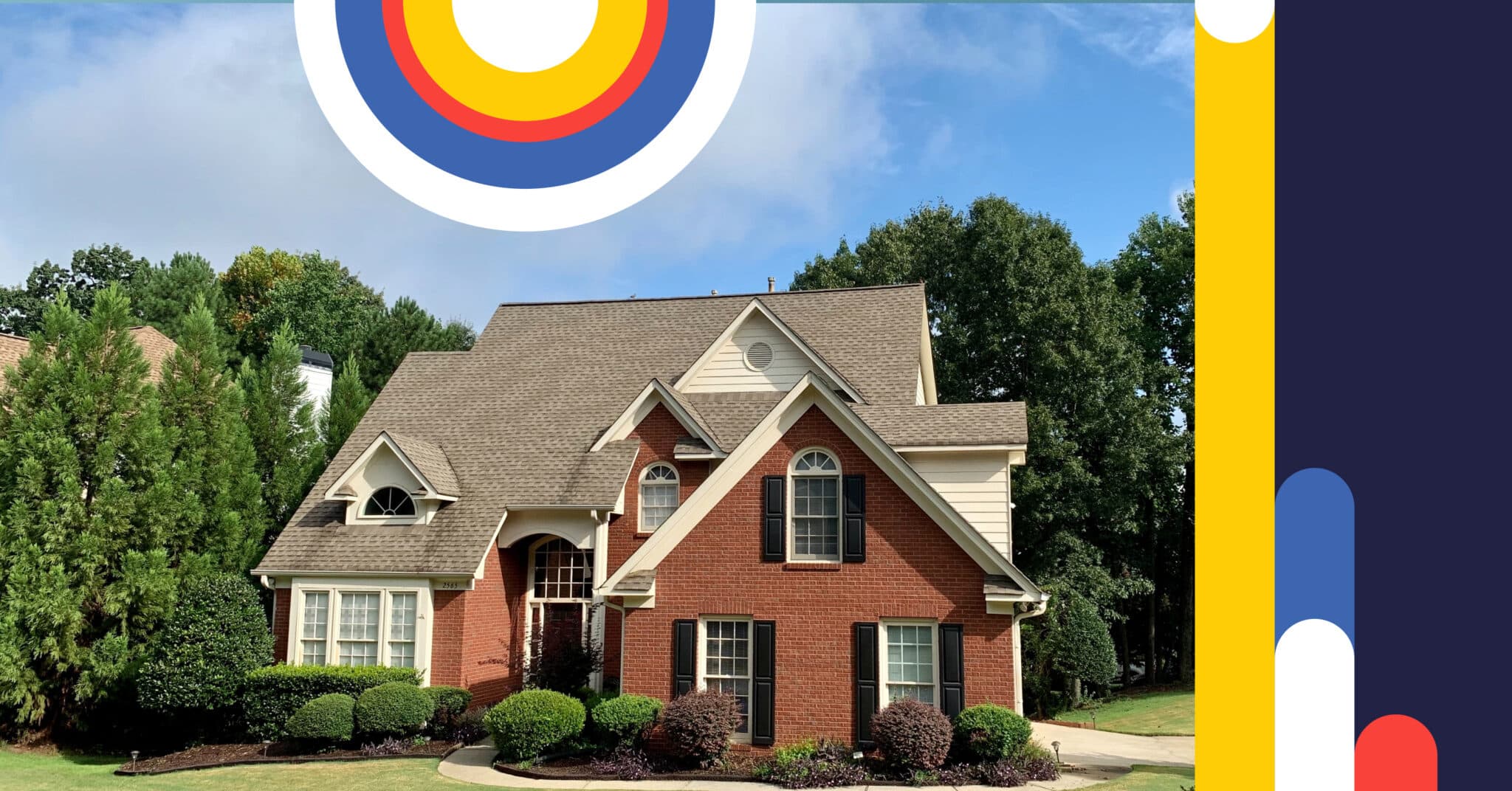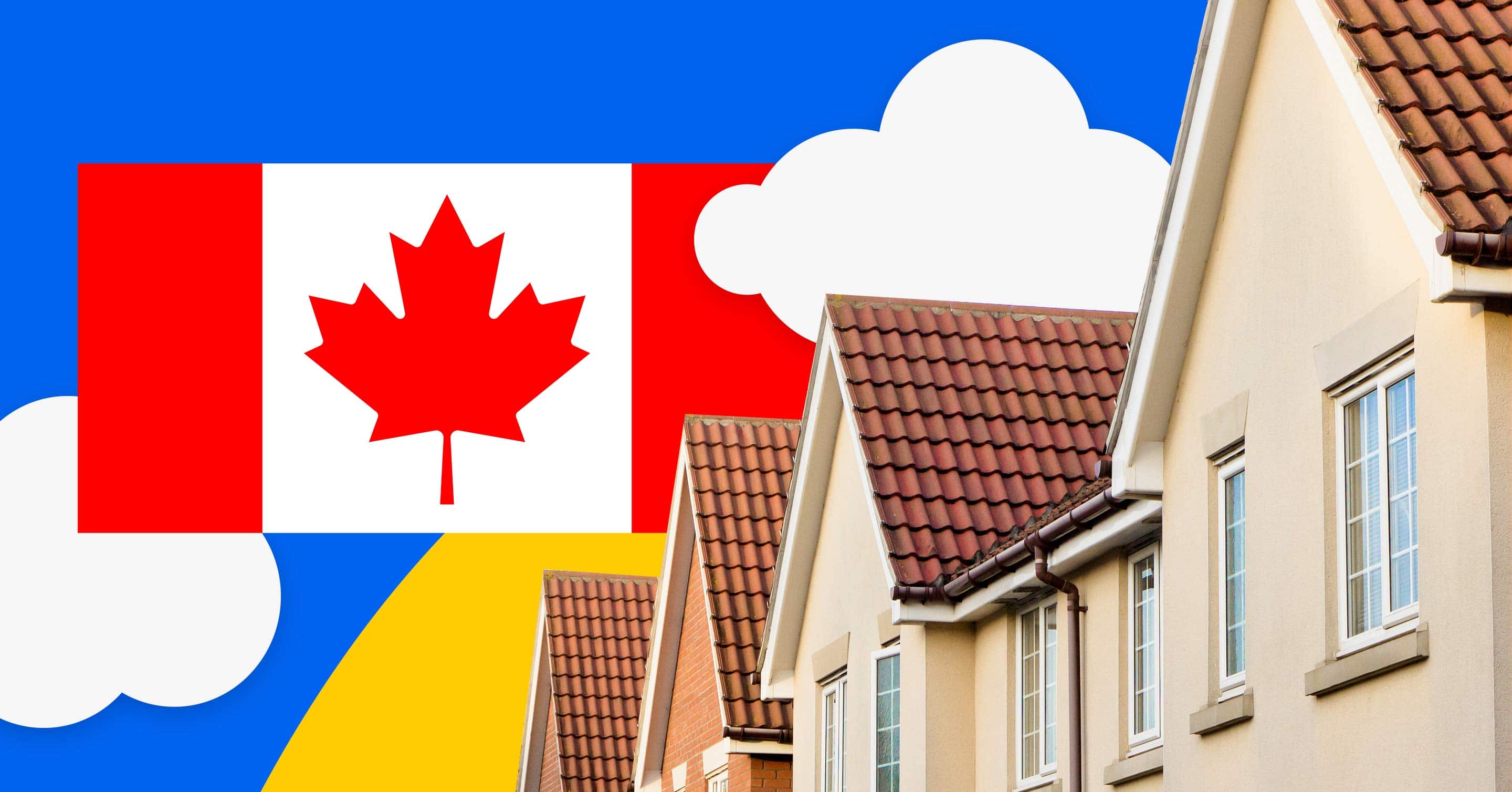Mortgage Basics #Featured articles
Mortgage Basics #Featured articles
The Best and Worst Places for Your Down Payment Savings

Table of contents
Saving for a down payment is the first step in the homebuying process, and choosing the right place to store your savings until you’re ready is equally important. When deciding where to store your funds, consider interest rates or investment earnings, accessibility, risk tolerance and security.
With many options available, it’s wise to research and compare savings and investment vehicles to ensure your money is safe and working to your advantage as you save for your future home.
Key Takeaways
- Saving up for a down payment is often the first and hardest part of the homebuying process.
- Where you keep your down payment savings is just as important as saving it.
- Some accounts are not ideal for long-term savings and could have tax implications.
How Much Do You Need for a Down Payment?
Purchasing a home is one of the most expensive and important financial decisions you’ll ever make. When you buy a home, you need at least 5% to 20% of the purchase price, depending on the property’s price and the mortgage you qualify for.
What Is the Minimum Down Payment?
The minimum down payment for properties under $500,000 is 5% of the purchase price. For properties between $500,000 and $1,499,999, you require 5% of the first $500,000 and 10% of the remaining amount. For properties with a purchase price of $1.5 million or more, you will require a minimum of 20% down payment on the entire purchase price.
If the mortgage amount you qualify for doesn’t sufficiently cover the purchase price, you may need to make up the difference with a higher down payment.
Down Payment Savings: Where Should You Keep It?
Since you will likely need to save a substantial amount for your down payment, you must ensure the money is secure. Depending on your risk tolerance, you can choose low-risk investments or something more aggressive to earn returns on your money while you wait, which can help contribute to your savings. You can combine savings from a Tax-free Savings Account (TFSA), First Home Savings Account (FHSA), and the Registered Retirement Savings Plan (RRSP) Home Buyers’ Plan (HBP) for your down payment.
Tax-Free Savings Account (TFSA)
A TFSA allows you to set aside money tax-free to save toward your down payment. Your contribution room grows yearly from the year you turn 18, even if you don’t file income tax or open a TFSA. The annual contribution limit is linked to inflation and rounded to the nearest $500 each year. If you turned 18 in 2009 or before, you can contribute up to $95,000 tax-free.
You can hold various investments in a TFSA similar to what is allowable in an RRSP. It’s important to note that any interest or investment income earned in your TFSA does not affect your contribution room. However, dividends from US stocks in the TFSA are subject to an unrecoverable 15% withholding tax by the US government.
- Cash
- GICs
- Mutual funds
- Securities listed on a designated stock exchange
- Guaranteed investment certificates
- Bonds
- Certain shares of small business corporations
First Home Savings Account (FHSA)
A FHSA is a registered savings account that allows first-time home buyers to save up to $40,000 tax-free to purchase a home. The annual contribution limit of $8,000 is tax-deductible, which reduces your taxable income for the year you make contributions. When it comes time to withdraw the funds to purchase a home, the entire balance, including any gains, is tax-free.
Home Buyers’ Plan (HBP)
The HBP is a feature of RRSP accounts that allows first-time buyers to access up to $60,000 of their RRSP savings as an interest-free loan for a home purchase. Withdrawals are tax-free if you repay the minimum yearly amount and the full amount within 15 years back into the RRSP. The annual contribution limit is 18% of earned income up to the CRA maximum limit, which changes yearly.
Find a better rate, and we’ll match it, beat it, or give you $500*.
*Conditions Apply
With nesto, it’s stress-free
Down Payment Savings: Where Should You Not Keep the Money?
When saving for a down payment, some options may not be best for keeping your savings long-term. While convenient, some options, like your chequing account, can hinder your progress.
Chequing Account
Your chequing account is a transactional account that makes your savings easily accessible and easier to spend. Keeping your down payment savings here makes that money always available for other expenses, meaning you could be dipping into those savings without knowing it.
Additionally, holding cash for the time it will take you to save for a down payment will not increase in value that much since interest rates on these accounts are typically relatively low and will not keep pace with inflation. Additionally, chequing and savings accounts are accessible with a debit card, making them less secure due to online fraud than investment accounts.
Savings Account
A savings account separates your down payment savings from your day-to-day chequing account balance. This keeps your money less accessible and can help you stick to your savings goals.
However, interest is typically minimal in savings accounts, even if they’re high-interest accounts and rarely keep pace with inflation. On top of that, any interest generated in a savings account is taxable as it is typically set up as a non-registered account if opened outside of your TFSA, FHSA, or RRSP. Income generated from interest is added to your annual income and fully taxable at your marginal tax rate.
Non-Registered Investment Accounts
Non-registered investment accounts, similar to your everyday chequing, savings or high-interest savings accounts (HISA), allow you to invest in things that typically generate higher returns than interest on cash in a savings account. You can put your money into various lower and higher-risk investments to generate a return.
Any non-registered account is subject to tax when income is earned from dividends and interest from the investments inside the account in any given year. Any returns generated from investments that are sold will require you to pay capital gains tax if you realize any capital gains.
How to Start Saving for a Down Payment
When you’re ready to start saving for a down payment, you should do a few things to ensure you meet your goal. First, you should determine how much you anticipate you’ll need to save for a down payment based on average home prices in the area you wish to purchase.
For example, if average home prices in your area are $500,000, you’ll need to save at minimum $25,000 for your down payment plus more to cover closing costs, which could be as much as 4% of the purchase price or, in this case, an additional $20,000.
Now that you have a savings goal, you can create a budget to ensure you are saving toward your homeownership dreams. Consider setting aside a percentage of each paycheque and automating the transfer, immediately putting that money directly into the account(s) you are using to save. This eliminates the urge to spend the money before you can transfer it. If you get bonuses, commissions, or a tax refund, consider putting that extra money toward your down payment savings if you don’t need the funds.
Additionally, cutting out unnecessary expenses, such as subscriptions and memberships you don’t use often enough, can help you increase the cash you have left for savings. Paying off high-interest debts will help you improve your credit score, save on interest costs, and free up cash flow to direct toward your savings goals.
Frequently Asked Questions
What is a down payment?
A down payment is the money (capital) required upfront when purchasing a property (collateral) that requires a mortgage to finance the difference. The amount varies between 5% to 20% of the property’s purchase price. However, in some cases, you could require a higher down payment to make up for any shortfalls between the purchase price and the amount of mortgage you qualify for.
Can I get a home loan with no down payment?
Federally regulated lenders will require a down payment of at least 5% of the purchase price. However, some lenders will allow you to use borrowed funds from your credit facilities (ex., personal loans or lines of credit) to fund your down payment. As part of your approval, your total debt service (TDS) ratio must still meet your lender’s criteria.
What’s the best way to save for a house down payment?
While the best way to save for a down payment will vary by person, the best approach is to set a goal and automate the amount you contribute toward savings from each paycheque. You should also focus on paying down high-interest debts and cutting unnecessary spending, which could help you reach your savings goal faster.
Final Thoughts
When it comes to saving for a down payment, there are many options to choose from. Depending on your time horizon for saving and financial situation, you may prefer low-risk or high-risk investments to reach your goals.
Do you have your down payment saved and feel ready to make your dream home a reality? Let’s explore your homeownership options! Contact nesto mortgage experts today to find the best mortgage solution for your needs.
Ready to get started?
In just a few clicks, you can see our current rates. Then apply for your mortgage online in minutes!















